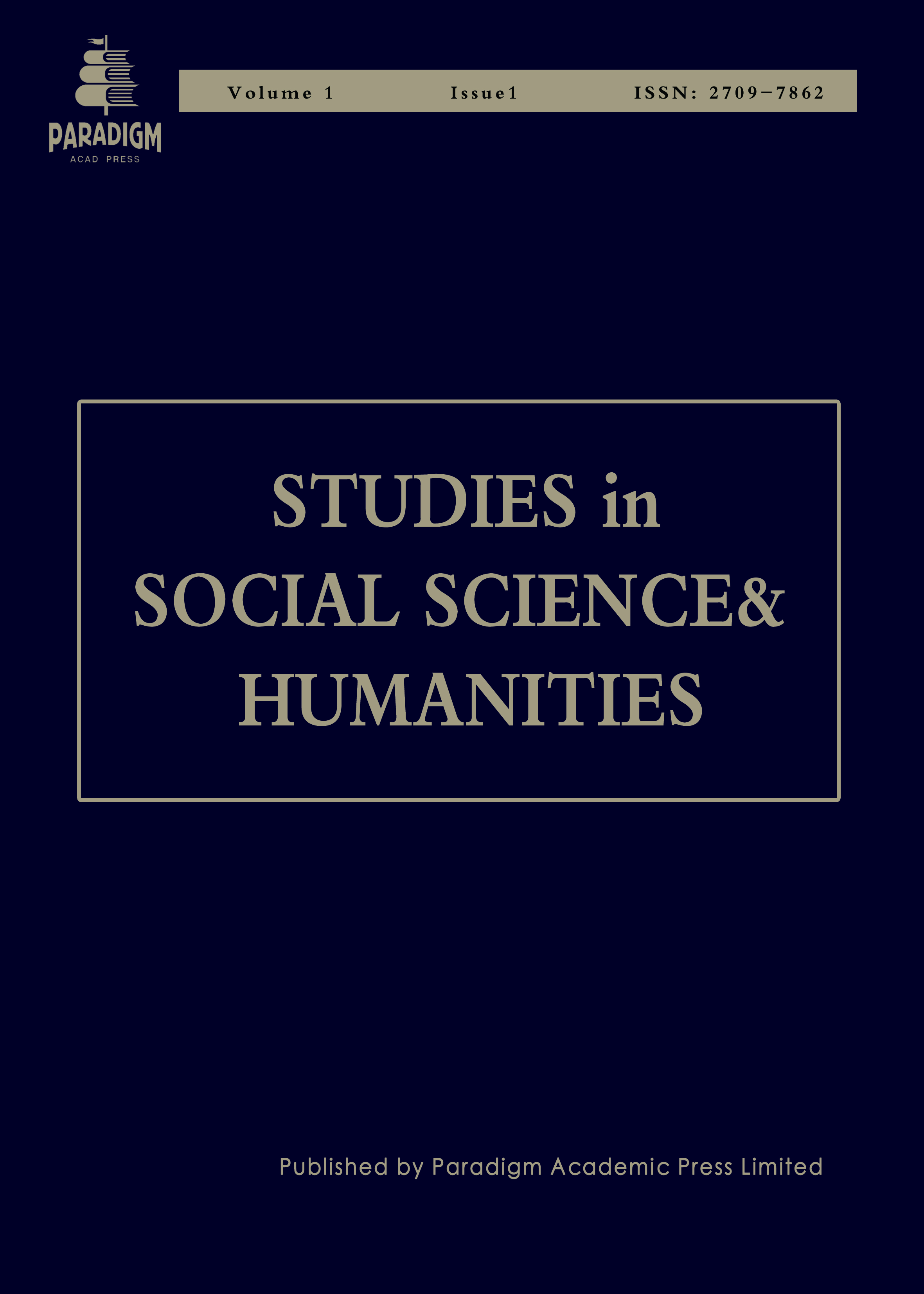Politics of Sympathy and Outrage in Wordsworth’s Abolitionist Poetry
Keywords:
abolition of slave trade, British honesty, French villainy, outrage, politics of sympathy, WordsworthAbstract
William Wordsworth has written a number of poems dedicated to abolition of slave trade. His sonnets Poems in Two Volumes (1807) — To Thomas Clarkson, To Toussaint L’Ouverture, September Ist, 1802 —, Humanity (1835), and The Prelude (1850) deal with the issue of slave trade and slavery explicitly. These poems show Wordsworth’s anger on the attitude favoring perpetuation of slavery for economic reasons. This paper seeks to show that Wordsworth’s abolitionist poetry stem from the affective circumstances and not from his genuine feeling for the predicament of the slaves. His sympathy for them verges on the capitalistic and the effect of outrage evoked is not so for the plight of the slaves as much it is for the oppressive ordinance of expansionist Napoleonic France. The outrage at the French villainy translates as the British honesty about the issue of slavery in Wordsworth.


